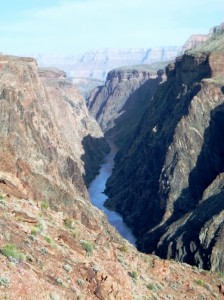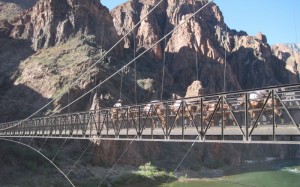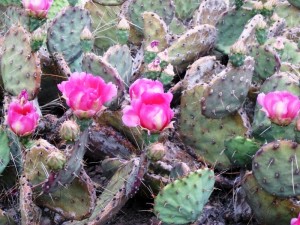 “The heavens are telling the glory of God,” the Psalmist asserts, “and the firmament proclaims his handiwork. Day to day pours forth speech, and night to night declares knowledge. There is no speech, nor are there words; their voice is not heard; yet their voice goes out through all the earth, and their words to the end of the world.” (Psalm 19:1-4)
“The heavens are telling the glory of God,” the Psalmist asserts, “and the firmament proclaims his handiwork. Day to day pours forth speech, and night to night declares knowledge. There is no speech, nor are there words; their voice is not heard; yet their voice goes out through all the earth, and their words to the end of the world.” (Psalm 19:1-4)
This is but one of hundreds of Bible verses about how the creation speaks of the Creator. There’s no speech, nor are there words, and there’s no vocal chorus and yet we see and hear something beyond what our eyes and ears can sense. We tend to appreciate nature more in the summer because we’re outdoors more, but we also hear the cacophony of birds singing, waves roaring, and trees swaying in the breeze. We smell freshly mown grass, taste crisp watermelon, and feel cool water when we plunge into a lake. And also because we’re New Englanders and only get 3 months a year in the summer when we can glory in creation (unless you like snow sports).
Nature can tell us a lot about God. Paul put it eloquently when he wrote: “For since the creation of the world God’s invisible qualities–his eternal power and divine nature–have been clearly seen, being understood from what has been made, so that mortals are without excuse.” (Romans 1:20)
We can see the depth of the Creator in the ocean, the vastness of God in a star-studded
sky, the majesty of our Maker in alpine peaks, and God’s power in the fury of a hurricane. Of course we hear the golfer who says, “I can experience more of God on the golf course on Sunday morning than I can in church.” And I’ll bet he calls God’s name when he slices his ball into the woods one more time. But that is not the whole story.
The theologian Karl Barth says that when we believe that God is speaking through nature it sets up a parallel revelation that runs alongside God’s self-disclosure in Jesus and makes Christ unnecessary. And if we claim the creation is the voice of God, we can turn nature into an idol and God then comes under our control. God may not speak through nature. But nature most definitely speaks about God. It sings out God’s praises.
I remember a parishioner once telling me that her dad taught her, “Yes, you can meet God in nature, but unless you go to church you’ll never learn that God is a God of history and a God of redemption.” I’ve always remembered that. God is not just a cosmic power or creative spirit, but a personal God who cares about and is active in our world and in our lives. Nature can’t tell us that. The Gospel gives us that. “For it is the God who said, “Let light shine out of darkness,” who has shone in our hearts to give the light of the knowledge of the glory of God in the face 0f Jesus Christ.” (2 Corinthians 4:6)
So yes, let us join the chorus of rocks and roots and radishes, of cows and caterpillars and cardinals singing our “Alleluias!” to God for the joy of being alive and doing what we’re best meant to do. Let us be alive to the presence of God in nature. But let us revel most in the knowledge that we are children of God, loved passionately, and hear God most clearly in the words of life that our Lord speaks.


